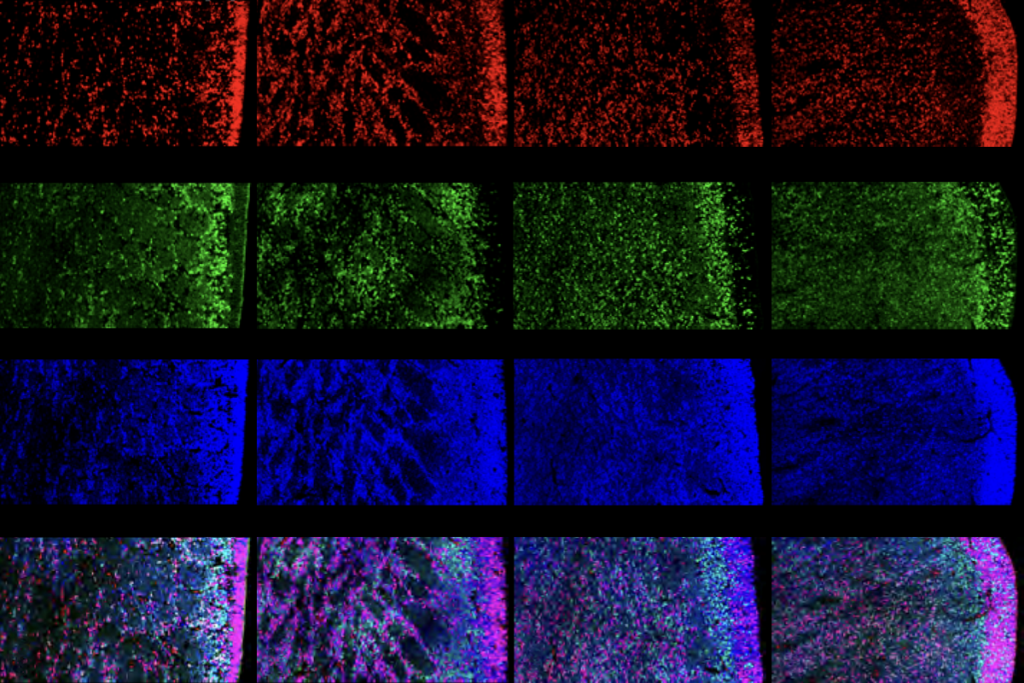Helen Tager-Flusberg is director of the Center for Autism Research Excellence at Boston University. Her research aims to untangle autism and language impairments using behavioral and brain-imagining studies. She was also a columnist for Spectrum.
Boston University
Helen Tager-Flusberg is director of the Center for Autism Research Excellence at Boston University. Her research aims to untangle autism and language impairments using behavioral and brain-imagining studies. She was also a columnist for Spectrum.
A diagnosis of social communication disorder only keeps people from a community and resources they desperately want and need.

Studying parents of children with autism has long been controversial, but that doesn’t mean scientists should avoid it.

Elsa, the star of the movie “Frozen,” is the poster child for girls with autism.

Scientists should slow down and return to the basic tenets of research to regain the public’s trust.

Trials to test drugs for autism suffer from subjective measurements and placebo effects. Helen Tager-Flusberg outlines how to ferret out the true effects of potential autism therapies.

The new panel “represents a radical departure from all past rosters,” says autism researcher Helen Tager-Flusberg.

The new panel “represents a radical departure from all past rosters,” says autism researcher Helen Tager-Flusberg.
The newly discovered cell type might point to the origins of the inhibitory imbalance linked to autism and other conditions.

The newly discovered cell type might point to the origins of the inhibitory imbalance linked to autism and other conditions.
All of our thoughts, mostly nonconscious, are interrogations of the world, Shadlen says. The opportunity to report our answers to ourselves or others brings a thought into conscious awareness.
All of our thoughts, mostly nonconscious, are interrogations of the world, Shadlen says. The opportunity to report our answers to ourselves or others brings a thought into conscious awareness.